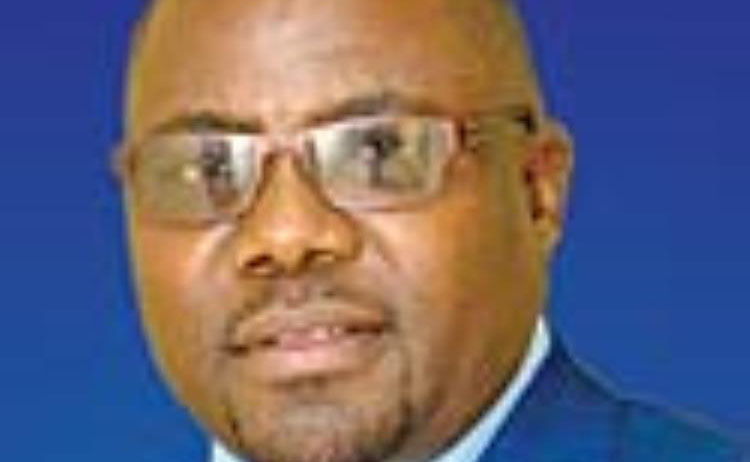‘Unite, curb healthcare fraud’

Business Reporter
Business Against Crime Forum of Zimbabwe chairman Wilbert Manyika has called on all stakeholders to work together to come up with solutions to the problem of healthcare fraud, which is continuously increasing in Zimbabwe.
He was speaking at the Healthcare Fraud Indaba at the Rainbow Towers in Harare on Friday. The two-day indaba was initiated by the Association of Healthcare Funders of Zimbabwe (AHFoZ) as a way of engaging various stakeholders to fight healthcare fraud.
Mr Manyika said healthcare fraud is a white collar crime that may be committed by healthcare providers, consumers, companies providing medical supplies or services and healthcare organisations.
“Rooting out healthcare fraud is central to the well-being of both the citizenry and overall economy. Undeniably, a healthy workforce or human capital contributes towards a healthy economy. The mission of creating an enabling environment for healthcare funders to achieve accessible quality service and viability cannot be realised in a crime infested operating environment,” Mr Manyika added.
He went on to point out that healthcare fraud has failed to capture the attention of the public or the media not only in Zimbabwe but internationally.
“The scandals at Enron, WorldCom and Adelphi have heightened public awareness of the serious consequences of corporate white collar crime but there has not been a comparable response to healthcare fraud prosecutions.
“However, there has been renewed interest by political leaders and prominent government officials in raising public awareness of the enormity of the problem. In addition, investigation of healthcare fraud is fast becoming one of law enforcement’s major priorities,” he said.
Mr Manyika went on to say healthcare cybersecurity fraud is evolving and needs to be addressed urgently.
“Healthcare fraud exists when unscrupulous individuals or entities seek to exploit vulnerabilities and loopholes in payment systems through deception for their unlawful financial gain. The unsettling news is that with cybersecurity crime the problem of healthcare fraud is more complex and difficult to detect.
The cybersecurity world allows perpetrators to be anonymous, and employ nuanced, sophisticated and nefarious methods to exploit individuals and entities very quickly,” he said.
With healthcare fraud increasing in the cybersecurity realm and outpacing government and industry attempts to mount defences, Mr Manyika said matters may well become worse before they get better.
“There is not a simple solution to the challenge of programme integrity in healthcare. Keeping up with ever emerging schemes of increasing complexity requires extraordinary vigilance and enhanced capabilities,” he said.
There were, however, Mr Manyika said, prevention and detection counters that should be part of a comprehensive solution. Basic recommendations, he noted, include continuing to enforce strong information technology security practices such as network access controls, firewalls and anti-virus software.
Other counters he mentioned are strengthening collaboration among industry groups, commercial entities, government regulators and law enforcement to address vulnerabilities.
“The risk management community must anticipate new fraud schemes before they are unleashed. The recommended measures will not eliminate the threat but can make it more difficult for the attacker and move cybersecurity fraud risk management to a more pre-emptive and proactive posture,” he added.











Comments